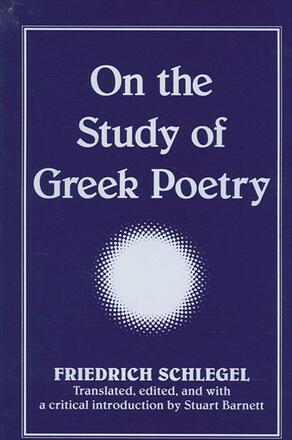
Dark Light
The Appearance of Death in Everyday Life
Alternative formats available from:
Reveals the effects of the cultural unconscious or "world soul" in human experience.
Description
Dark Light is about seeing the world through imagination and stimulating our imagination about the world. It provides an imaginative account of how our daily lives are lived through us by larger forms and forces. The book reveals how these forms and forces play out in such ordinary experiences as ball games, television, relationships, violence, and race relations. In presenting the psychological and spiritual significance of death, Schenk details how our imaginations can help to reveal the soul, and allow us to live deeper lives. He puts forth three main ideas: (1) our everyday lives are shaped by patterns and images that link ordinary existence with the world of myth and spirit; (2) we can become aware of these patterns in our day-to-day experience by utilizing our imagination; (3) because the mysterious mythic elements usually work against our conscious ambitions and intentions, they may be felt as a sort of "death" while actually deepening our experience. In other words, while our will moves us toward one goal, larger, more mysterious influences take us in different directions. Accepting our life experiences imaginatively as psychological events affords us the opportunity to live our lives from a deeper place.
Ronald Schenk is a Jungian Analyst and the author of The Soul of Beauty: Toward a Psychology of Appearance.
Reviews
"The intelligence and emotional sophistication of this book is matched by a directness, even a brutality, that is rather exciting to read. Schenk is remarkably erudite on world myth, and has a refreshing understanding of the importance of beauty. " — Frederick Turner, author of Rebirth of Value: Meditations on Beauty, Ecology, Religion, and Education
"Dark Light deals with an issue—death—that is not a very popular or comfortable topic for most people and does so in a rather original way, by demonstrating links to our day-to-day existence as human beings. " — Sandra A. Wawrytko, San Diego State University